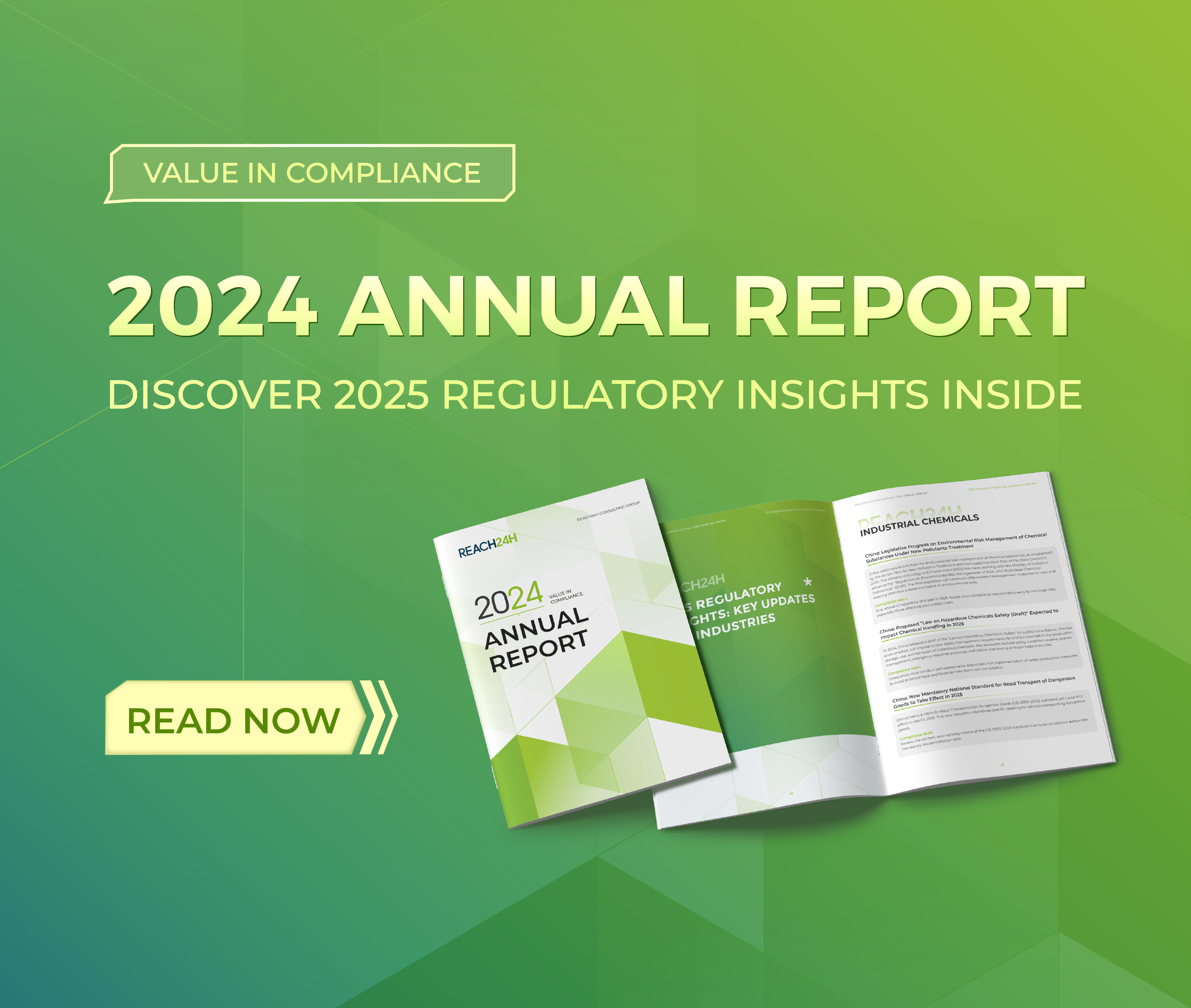Navigating Australia’s Industrial Chemicals Act 2019 (IC Act): Key Insights
Introduction
Australia’s Industrial Chemicals Act 2019 (IC Act), enforced by the Department of Health (DoH), came into effect on July 1, 2020, alongside the Australian Industrial Chemicals Introduction Scheme (AICIS). This regulation aims to ensure the safe introduction of industrial chemicals— either through importation or domestic manufacturing—by assessing potential risks and implementing appropriate controls. The IC Act replaces the Industrial Chemicals (Notification and Assessment) Act 1989, bringing a more streamlined and risk-based approach to chemical management in Australia.
Who Needs to Comply with the Industrial Chemicals Act?
Entities involved in the introduction (importation or manufacture) of industrial chemicals to Australia must comply with the IC Act, including:
-
Australian importers who intend to import industrial chemicals to the country.
-
Australian manufacturers who manufacture industrial chemicals domestically.
-
Overseas suppliers who export directly to Australia—these entities must obtain an Australian Registered Body Number (ARBN) and complete the necessary business registration and fee payments.
Scope of the IC Act
The IC Act covers all industrial chemicals introduced to Australia for commercial purposes, including chemicals present in mixtures, polymers, and intermediates. However, certain substances are exempt from the regulation, such as:
-
Radioactive substances
-
Finished goods (e.g., plastic chairs, photographic films)
-
Pesticides, pharmaceuticals, veterinary medicines, food, and food additives
-
Naturally occurring substances
Compliance Requirements
1. Business Registration
All entities introducing industrial chemicals must register their business with AICIS before introducing any chemicals into Australia. Annual registration fees apply.
2. Categorization of Chemical Introduction
The IC Act requires relevant companies to determine the introduction category of their chemical based on factors such as:
-
The intended use of the chemical
-
The volume introduced annually
-
The chemical’s environmental exposure risk
3. Reporting and Assessment Obligations
Depending on the categorization, relevant companies may need to apply for an assessment, submit a declaration, or provide an annual report to AICIS. These obligations ensure that regulatory authorities have adequate data to monitor and to manage potential risks.
4. Record Keeping
Relevant companies must maintain detailed records of introduced chemicals for at least five years, including information related to:
-
Chemical identity and volume
-
Safety and environmental impact assessments
-
Animal testing data (if applicable)
5. Providing Information to AICIS
AICIS may request additional information from relevant companies regarding their introduced chemicals at any time. Companies must comply with these requests, which may relate to compliance verification, risk assessments, or regulatory audits.
Our Regulatory Compliance Services
For relevant companies navigating Australia’s industrial chemicals regulations, professional guidance can simplify compliance. REACH24H‘s services include:
-
Comprehensive Regulatory Consultation: Understanding AICIS requirements and obligations.
-
Chemical Inventory Search: Verifying whether a substance is already listed in Australian chemical inventories.
-
Introduction Category Determination: Assessing the appropriate introduction pathway under AICIS.
-
Chemical Registration and Reporting: Assisting with the submission of required documents and reports.
-
Testing and Risk Assessment Support: Developing test plans and coordinating laboratory assessments.
-
Regulatory Training and Updates: Keeping updating about compliance changes and best practices.
Conclusion
Complying with Australia’s Industrial Chemicals Act is essential for relevant companies to introduce chemicals to the Australian market. By understanding regulatory obligations and leveraging expert guidance, companies can ensure smooth operations while adhering to safety and environmental standards. If you need assistance with AICIS compliance, professional consultancy services can provide tailored support to meet your specific regulatory needs.

